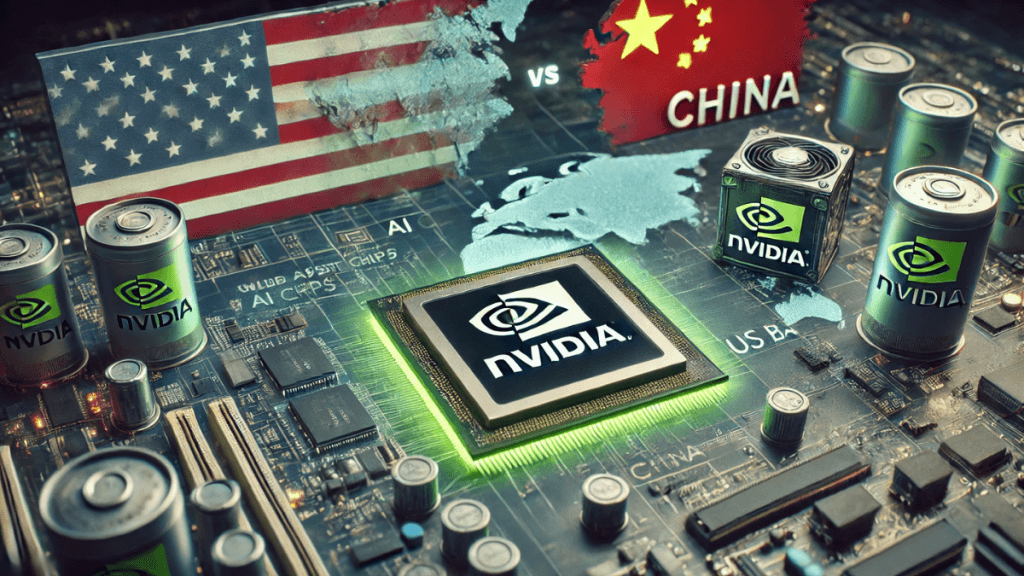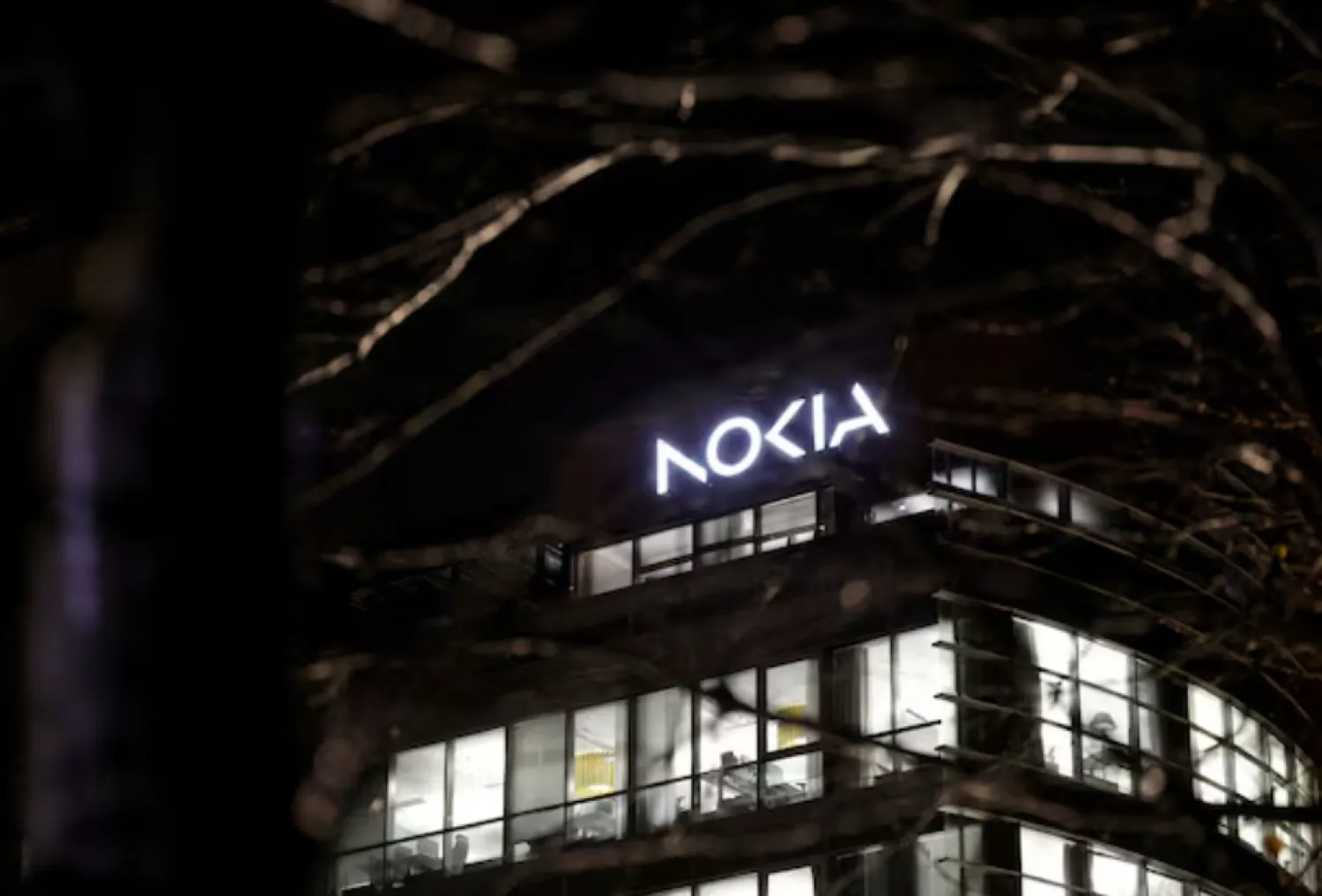U.S. Weighs Allowing Nvidia H200 AI Chip Sales to China, Officials Say
Multiple market reports on November 22 say U.S. officials are discussing whether to permit sales of Nvidia’s high end H200 AI accelerators to Chinese customers under tightened export controls, a decision that could reshape the global AI landscape. The deliberations reflect mounting pressure to balance national security concerns with commercial and market realities, and the outcome could ripple through technology markets and geopolitical relations.

U.S. officials are considering whether to green light sales of Nvidia’s high end H200 artificial intelligence accelerators to customers in China, according to multiple market reports on November 22. The discussions were described to Reuters by people familiar with the matter and come amid growing tension between protecting national security and preserving commercial interests in a tightly contested global technology market. News of the talks briefly affected Nvidia’s share movement during the trading session.
The H200 is regarded within the industry as one of the most powerful AI accelerators available commercially, used by companies and research organizations to run complex machine learning training and inference workloads. Access to such chips is seen as a critical factor in the development and deployment of advanced artificial intelligence systems, which has made them a focal point of recent export control policies.
Washington imposed tightened controls in recent years to limit the transfer of advanced computing hardware and software to Chinese companies and research institutions, citing concerns that high performance compute capacity could bolster military or surveillance capabilities. At the same time, U.S. technology firms and investors have pushed back, arguing that broad restrictions can harm commercial prospects, fragment supply chains and undermine the international competitiveness of American companies.
Officials are reportedly weighing licensing terms, the scope of any approvals and potential safeguards if sales are allowed. Those deliberations will determine whether sales would be broadly licensed, subject to case by case review, restricted to certain end users or paired with monitoring and enforcement measures. The precise contours of any framework could influence how easily Chinese entities can acquire top tier hardware, and how companies like Nvidia manage compliance and risk.
The debate highlights a difficult policy trade off. Permitting controlled sales could preserve business relationships and reduce market disruptions for American semiconductor firms, while still attempting to mitigate national security risks. Conversely, strict limitations may slow the diffusion of advanced compute to China, but would continue to strain relations with major customers and potentially prompt acceleration of Chinese efforts to develop domestic alternatives.
Market participants and governments will be watching closely. Any shift in U.S. licensing policy could affect supply chain planning, investment decisions and the strategic calculus of countries that rely on or compete with U.S. technology. Enforcement will remain a critical question if approvals are granted, as authorities would need mechanisms to verify end uses and prevent diversion to prohibited programs.
For now, officials continue their deliberations and have not announced a decision. The outcome, whenever it comes, is likely to clarify how Washington intends to balance commercial vitality and national security in an era when computing power is closely tied to geopolitical advantage.

